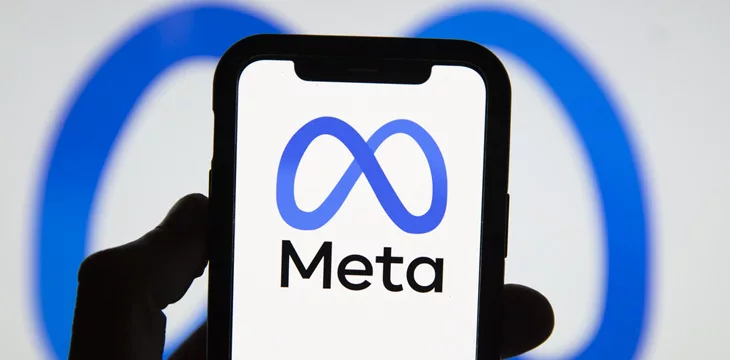|
Getting your Trinity Audio player ready...
|
Meta (NASDAQ: META) has indicated an interest in joining the fray of artificial intelligence (AI) developers, with plans to release a commercial version of its generative AI tool for a wider class of consumers.
The company will roll out a new version of LLaMa, its large language model (LLM), for commercial applications, according to a Financial Times report. Meta released LLaMa in February 2023 for researchers and academics exploring AI functionalities, focusing on generative capabilities.
Insiders say that the commercial rollout of LLaMa will be customizable for enterprises and will allow developers to create their own software. It intends to achieve this by being open-sourced, but it remains unclear if there will be a paid version for enterprise users.
“The goal is to diminish the currency dominance of OpenAI,” said an unnamed source with information on the matter. The report failed to give an exact launch date, but pundits stated that the rollout of the commercial version is “imminent.”
At the moment, OpenAI and Google (NASDAQ: GOOGL) control most of the generative AI market share following the mass adoption of their products—ChatGPT and Bard. Within the first 30 days of ChatGPT’s launch, the platform racked up over 100 million users to become the fastest-growing consumer tech product of all time.
ChatGPT and Bard are proprietary systems, allowing Meta to get skin in the game. Experts believe that Meta’s intention to make a commercial version of LLaMa open source and free may see it grab a chunk of the market share from OpenAI and Google.
“Meta realized they were behind on the current AI hype cycle, and this gives them a way to open up the ecosystem and seem like they are doing the right thing, being charitable and giving back to the community,” a Financial Times source said.
Prior to veering into metaverse technologies, Meta had previously splurged billions on AI development, hiring one of the three AI “godfathers,” Yann LeCun, to head its AI ambitions.
The renewed push into AI comes from a brewing rivalry between Meta’s CEO, Mark Zuckerberg, and Elon Musk, Tesla’s (NASDAQ: TSLA) CEO. Musk, an early investor in OpenAI, has seen Zuckerberg wade into his turf with the release of Threads to rival Twitter’s dominance.
However, the foray into AI has not been smooth sailing for Meta as the company is currently grappling with a lawsuit bordering on the illegal use of data to train its AI systems.
Aware of the looming threat of AI
Industry leaders OpenAI and Google have reiterated their support for regulations to govern the development and safe usage of AI systems. As a show of its intentions, Google entered into an agreement with the U.K. to allow early and priority access to its AI products.
In early July, OpenAI confirmed the launch of a new research team designed to control AI superintelligence. The firm stated that before the end of the decade, AI systems will achieve superintelligence, posing serious risks for the “disempowerment of humans or even human extinction.”
At the moment, critics have pointed to the immediate risks of AI to the finance, Web3, journalism, and art sectors, amplifying calls for stricter regulations.
Watch: Demonstrating the potential of blockchain’s fusion with AI

 02-18-2026
02-18-2026 




